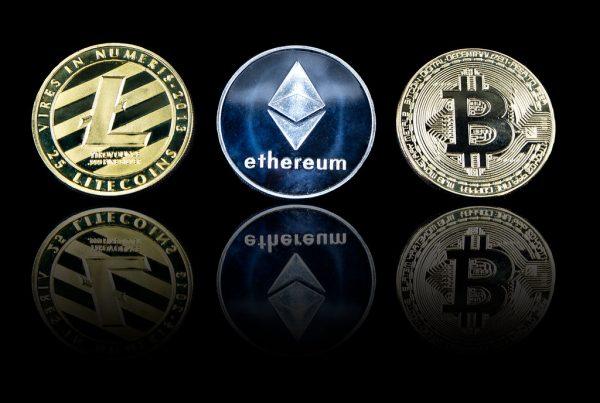
Key takeaways:
- Oslo-based internet company Opera has released a beta version of its “Crypto Browser Project” on Wednesday
- The crypto-centric browser offers a powerful suite of Web3 features, including a native non-custodial crypto wallet and a dedicated crypto hub
- Opera intends to add support for Layer 2 solutions in a bid to become the go-to browser for crypto users
Opera launched a beta version of its “Crypto Broser Project” on Wednesday, four years after the first version of Opera’s web browser with cryptocurrency wallet and rudimentary Web3 support was released in 2018.
Opera believes web browsers will be even more important for Web3 as they were for Web2
The Opera Crypto Browser Project offers native support for decentralized applications (dApps), which far surpasses the basic functionality of a regular web browser with a digital wallet add-on installed.

Due to the new browser’s native Web3 support, users can access their favorite Web3-powered products and services, including non-fungible tokens (NFTs), decentralized finance (DeFi) services, and metaverses, directly from their Opera browser, with no extensions needed.
The Opera Crypto Browser supports a range of Web3 entry points, including Metamask, Coinbase, or Binance wallet, and Opera’s new wallet solution that supports ETH, ERC-20, and ERC-721 tokens (ERC-1155 support coming in the first quarter of this year). According to the company’s representative who talked with CoinDesk, Opera plans to roll out support for Polygon and Solana, in a push towards greater Layer 2 compatibility. The Opera team aims to accelerate Layer 2 adoption, as noted in Wednesday’s blog post:
“Ethereum Layer 2 solutions and alternative blockchains already provide ways to transact and run dApps in a more environmentally conscious way. In our view, this is the best way to move forward. In order to reach mass adoption, decentralized solutions need to be scalable and just as fast and effective as those offered in the current Web.”
In a recent appearance on the Bankless podcast, Ethereum founder and lead developer Vitalik Buterin pointed out how important Layer 2 networks are for the network and commended their service of lowering transaction costs, since Ethereum is not yet “ready for direct mass adoption.”
The crypto-focused browser also features a special section called “Crypto Corner,” which displays the latest blockchain and NFT news, a calendar of crypto events such as upcoming airdrops and other important dates, educational content, and more.
Jorgen Arnesen, vice president of Web 3 at Opera told CoinDesk in an interview:
“We actually believe that browsers will be more important in Web 3 than they were in Web 2. We’ve been around the block for 25 years, and around Web 3 since 2018. A multi-chain token strategy will be essential to a good user experience.”
According to web analytics firm Back Linko, Opera accounted for 2.19% of the global browser market share in 2021, which put its active user count at roughly 101 million.



